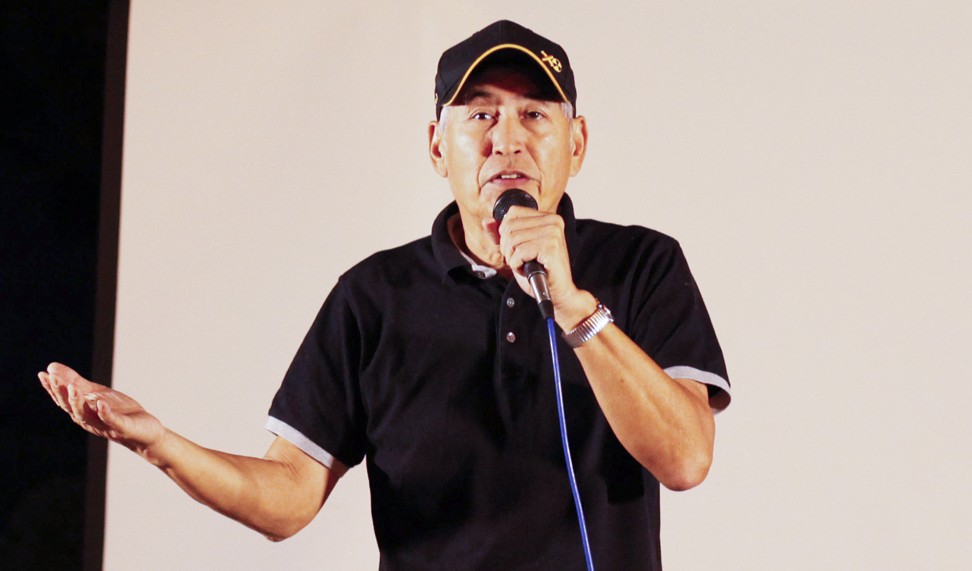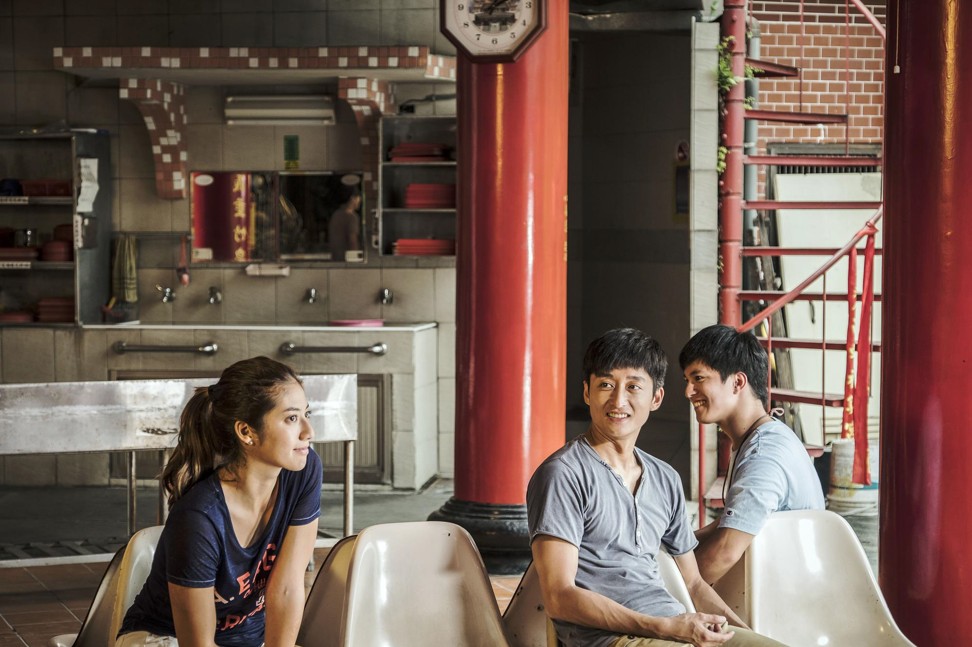Taipei lashes out at Beijing after film with ‘pro-independence’ actor banned
Mainland accused of inconsistency ‘in its words and deeds’ after Missing Johnny screenings barred over claims about its star Lawrence Ko

Taipei has accused Beijing of inconsistency between what it says and does after a Taiwanese film was banned on the mainland amid claims its lead actor Lawrence Ko supports independence for the island.
It comes a month after Beijing introduced a raft of preferential policies for Taiwanese that include more access to the lucrative mainland market for their film, television and books.
Taiwan’s top department on cross-strait affairs, the Mainland Affairs Council, on Thursday said Beijing was already breaking its promises for political reasons by indefinitely suspending screenings of the film Missing Johnny.
“This is just an example showing how inconsistent the Chinese mainland is in its words and deeds,” the council said in a statement responding to the ban.
China Film Co, the distributor of Missing Johnny, said on Monday that the film – which had been due for a mainland release on April 14 – would be put on hold until further notice, without elaborating.
On Wednesday, An Fengshan, spokesman for the mainland’s Taiwan Affairs Office, said the decision was taken because the government “would not permit the release of films in China whose production includes entertainers who hold pro-Taiwan independence views and propagate pro-Taiwan independence speech”.
The ban followed an outcry on the mainland after articles were posted to internet forum Tianya, accusing Ko of supporting Taiwan independence and calling for a boycott of his film. Many mainland internet users agreed that the movie should not be shown.
On Tuesday, state-run tabloid Global Times reported on some of those articles that claimed Ko had denounced the “one country, two territories” cross-strait unification model proposed by Kuomintang honorary chairman Wu Po-hsiung in 2012.
Beijing sees the self-ruled island as a breakaway province that will be subject to eventual unification, by force if necessary.

Other articles on the forum alleged Ko supported the anti-mainland “sunflower student movement” in 2014, and highlighted his film director father Ko I-Chen’s membership of the pro-independence New Power Party.
Lawrence Ko’s agent could not be reached by telephone on Thursday.
The Mainland Affairs Council said Beijing should not mix politics with art and cultural activities. “They should not use the political factor to interfere in cross-strait cultural and theatrical exchanges, and should respect cultural and artistic performances,” it said.
It also called on Taiwanese to be cautious about the 31 preferential policies unveiled in February, saying Beijing would go back on its word if it decided something was politically inappropriate.
Beijing said the measures would benefit Taiwanese companies, associations and artists wanting to develop on the mainland.
But the council said they were aimed at improving the mainland’s economic development by absorbing Taiwan’s resources and securing the political loyalty of Taiwanese.
Missing Johnny, produced by award-winning director Hou Hsiao-hsien last year, follows the stories of three young people living in Taipei.

It is not the first time Beijing has banned Taiwanese entertainers accused of being pro-independence.
At least a dozen more have been barred, such as Taiwanese pop singer Chang Hui-mei, who was blocked from appearing on the mainland after performing the island’s anthem during the inauguration of pro-independence president Chen Shui-bian in 2000.
More recently, Taiwanese actress Ruby Lin’s television series My Dear Boy was briefly removed from mainland streaming platform Tencent Video in January after receiving financial aid from the Taiwanese government under the independence-leaning Democratic Progressive Party.
Chang avoided further invitations from the Chen government to perform and her mainland ban was lifted in 2004. Lin’s series returned to the mainland streaming platform after her studio issued a statement saying the funding did not mean that either the show or Lin supported independence for Taiwan.